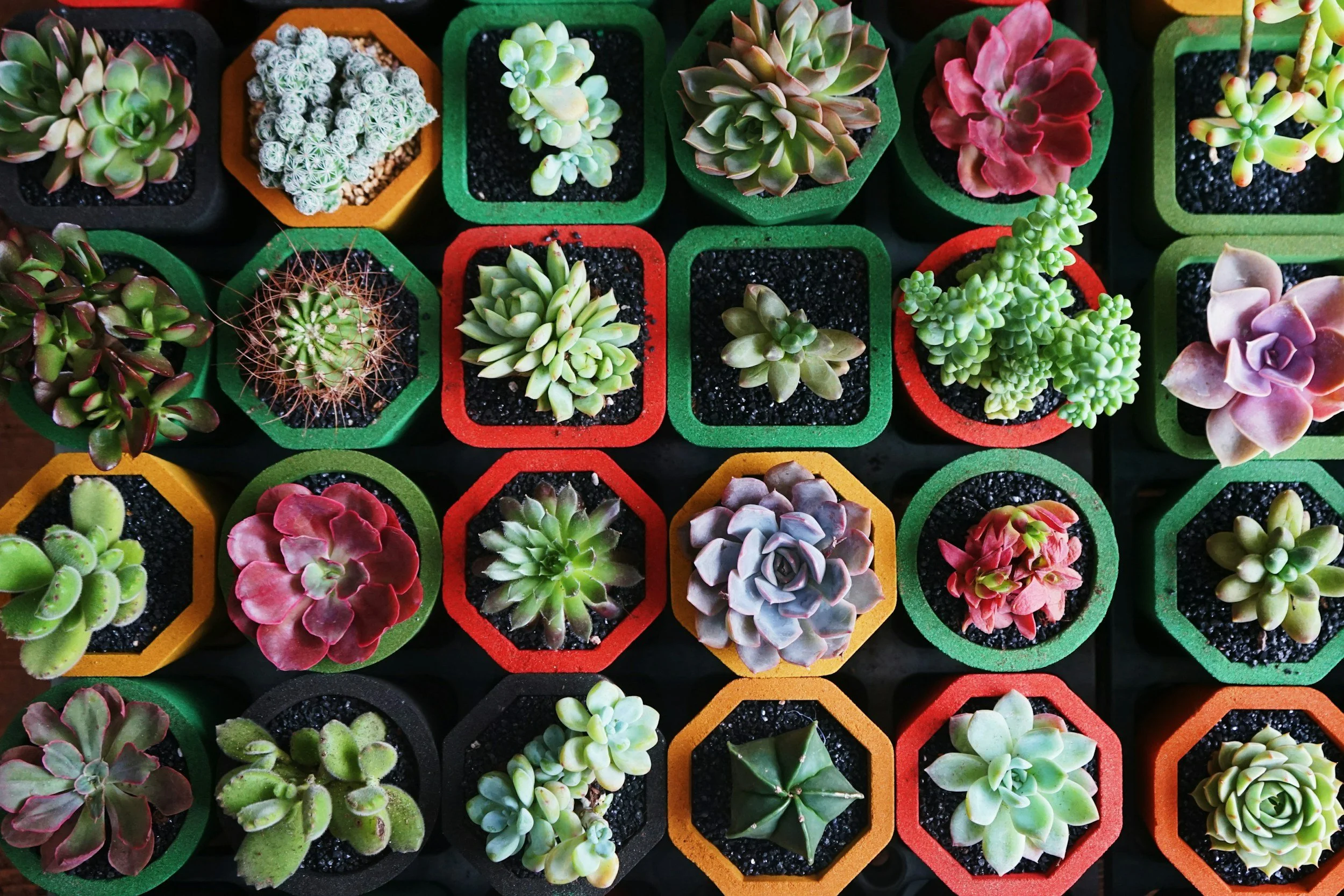Pervasive Drive for Autonomy (PDA) and Eating
Feeding a child with PDA can be unpredictable and overwhelming. One day they may happily eat a food, and the next day the same food is suddenly “too much or not safe” Meals can turn into power struggles, avoidance, shutdowns, or complete refusals—often leaving parents wondering what they’re doing wrong.
But here’s the truth:
You’re not doing anything wrong.
And your child isn’t being “difficult or naughty”.
Children with a PDA profile are navigating a nervous system that is wired to avoid perceived threats/demands. Even the ones they genuinely want to meet, like eating or using the bathroom can feel like a threat response.
Why Your Autistic/ADHD Child Might Be Sneaking Food — and How to Respond with Connection, Not Shame
If you’ve ever found empty wrappers tucked under a pillow or a secret stash of snacks hidden in your child’s room, you might have felt a rush of confusion, frustration, or even worry. It’s natural to wonder, Why are they doing this? and Am I handling it right? The truth is, sneaking food isn’t simply “naughty” behaviour—it’s a sign that your child’s relationship with food, safety, or autonomy needs a little extra understanding. Whether it’s driven by past food insecurity, emotional needs, a desire for control, or neurodivergent sensory or dopamine-seeking needs, your response in these moments matters far more than the behaviour itself.
Why Intuitive Eating may not be suitable, and could even be harmful - for Neurodivergent Individuals
Firstly I want to say that Intuitive eating can be an incredibly helpful tool for many people. However, if you are going to use Intuitive eating with neurodivergent individuals, it must be modified, or it will likely cause harm.
I was a guest speaker on season 6 of The Neurodivergent Woman Podcast
Show notes and podcast link
How RSD might impact feeding, Nutrition & relationship to food
RSD is an extreme emotional response to perceived or actual rejection or criticism, often experienced by Autistic people and ADHDers.
PMDD & Neurodivergence (Autism and ADHD)
There hasn’t been much research looking into PMDD and Neurodivergence. However PMDD can co-occur with ADHD and Autism and research suggests that statistics may be high.
Hair Tissue Mineral Analysis (HTMA) a less invasive alternative to blood testing
The HTMA is a safe, scientific and analytical test used to assess the mineral content within hair strands. The analysis will show the concentrations of minerals and metals that have accumulated in the hair over the last 1-3 months.
Navigating executive functioning differences in the kitchen with neurodivergent folk
Executive function refers to a set of mental skills and processes that are responsible for guiding and regulating various cognitive, emotional, and behavioural functions. These functions help individuals plan, organise, initiate and complete tasks, make decisions, solve problems, control impulses, manage time, and switch between different activities.









